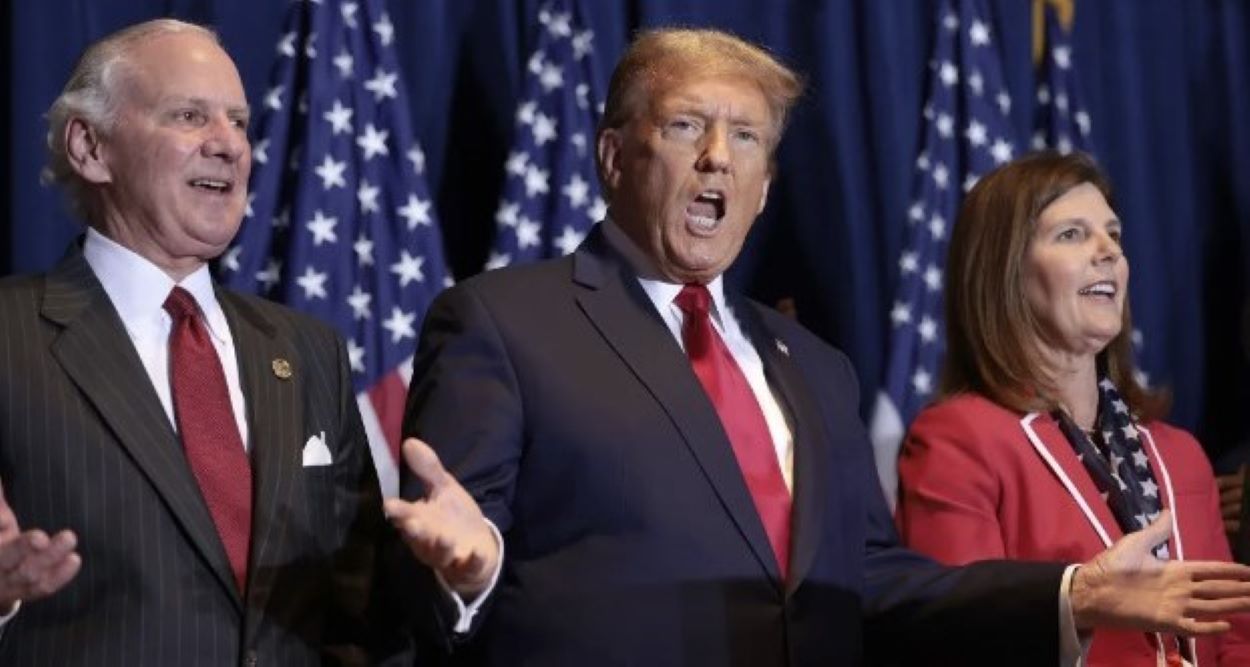The US Supreme Court ruled Monday that former President Donald Trump has certain immunities for actions taken within his official capacities. In a 6-3 decision, Chief Justice John Roberts noted that the Constitution’s separation of powers affords former presidents limited immunity against criminal prosecution for their official acts. The court overturned a lower court’s decision that dismissed Trump’s immunity claim concerning efforts to overturn his 2020 election loss to Joe Biden.
The justices returned key issues regarding the extent of Trump’s immunity to the trial judge, making it unlikely that Trump will face trial before the upcoming November 5 election, where he challenges Biden. Roberts articulated that immunity for former presidents is absolute for actions tied to core constitutional duties.
President Biden criticized the decision as setting a dangerous precedent, asserting that it could lead to unchecked presidential power. He lamented the ruling’s implications just hours after announcing it, emphasizing the foundational principle that no one in the US, including the president, is above the law.
The decision complicates the special counsel’s ongoing case against Trump, as it mandates further judicial review to ascertain the breadth of Trump’s immunity. Trump has celebrated the ruling as a significant victory, claiming it reinforces the Constitution and democracy.
Justice Sonia Sotomayor, with liberal Justices Elena Kagan and Ketanji Brown Jackson, dissented sharply, arguing that the decision effectively creates a legal shield around the president, equating his immunity to monarchical power. They contended that the ruling could dangerously exempt a president from criminal accountability for any misuse of official powers.
This landmark ruling marks the first recognition of presidential immunity from prosecution, stirring extensive debate about its implications for presidential accountability and the legal system’s integrity.






